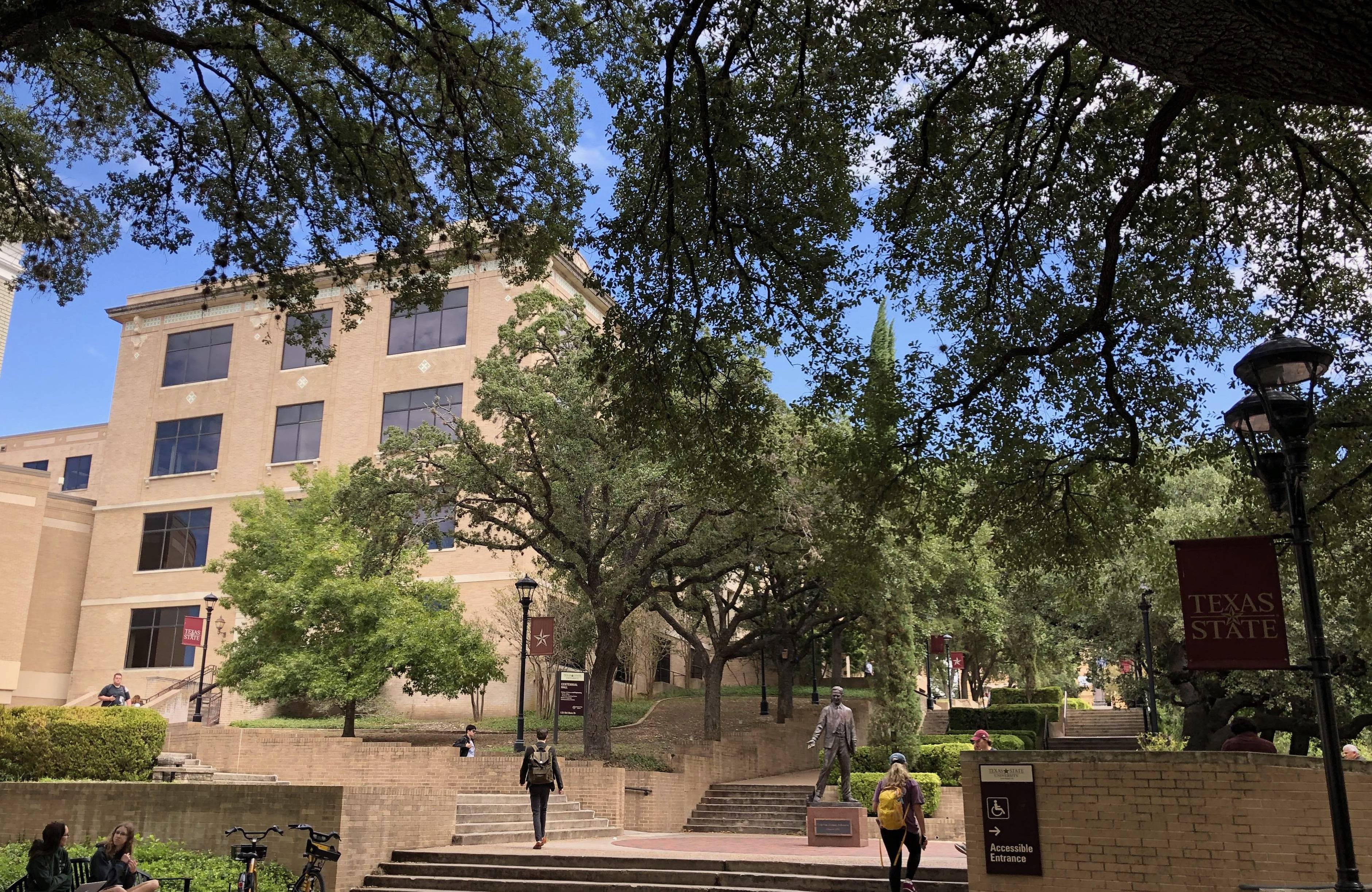The BioComm Research Lab is focused on using technology and communication theories to measure human response to various stimuli. To achieve this, we have partnered with companies such as BioPac and iMotions to collect and analyze data such as Eye Movements, Pulse, Galvanic Skin Response, and Blood Pressure to better understand cognition and human behavior.
BioComm Research Initiative
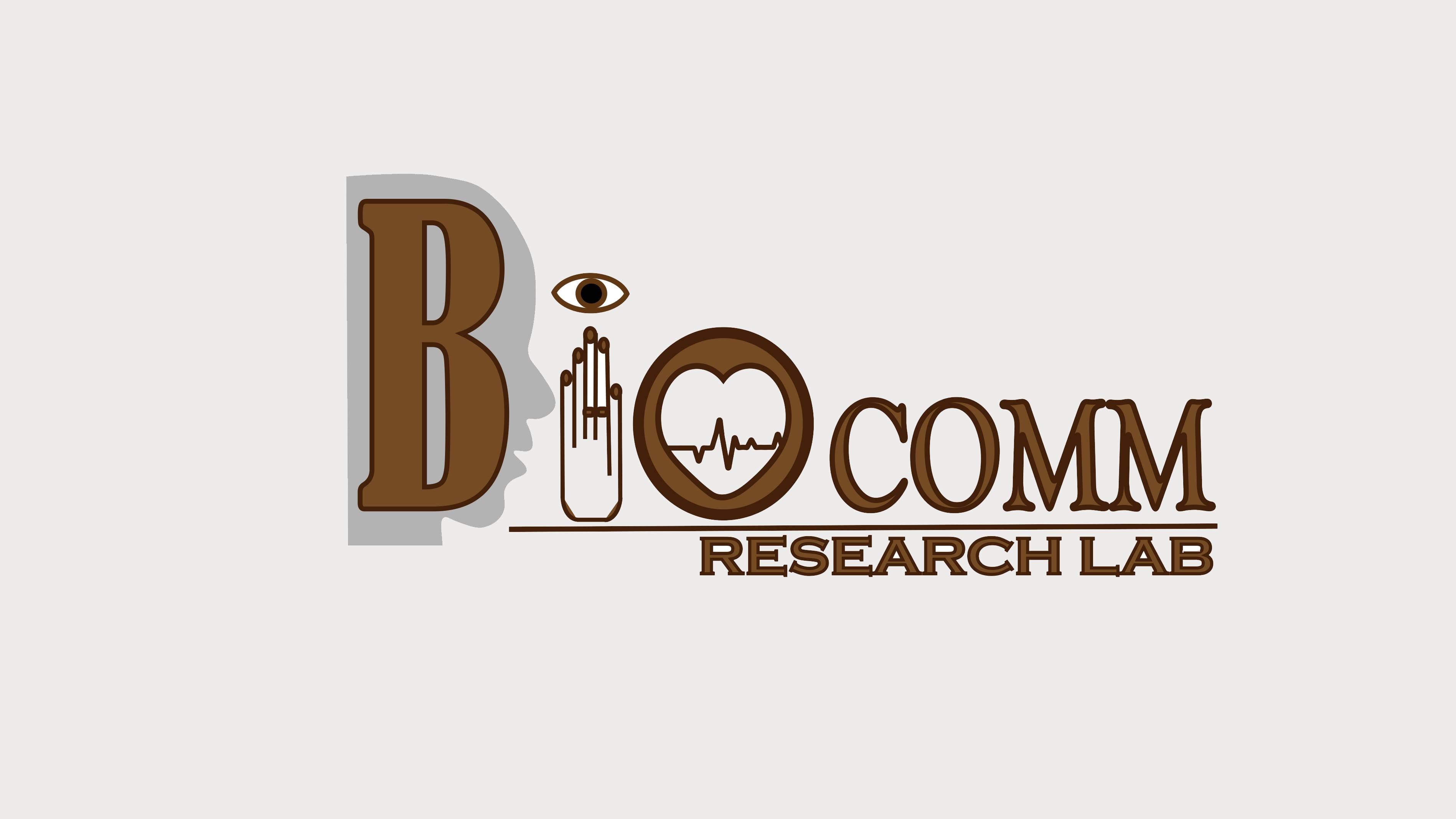
Lab Introduction:
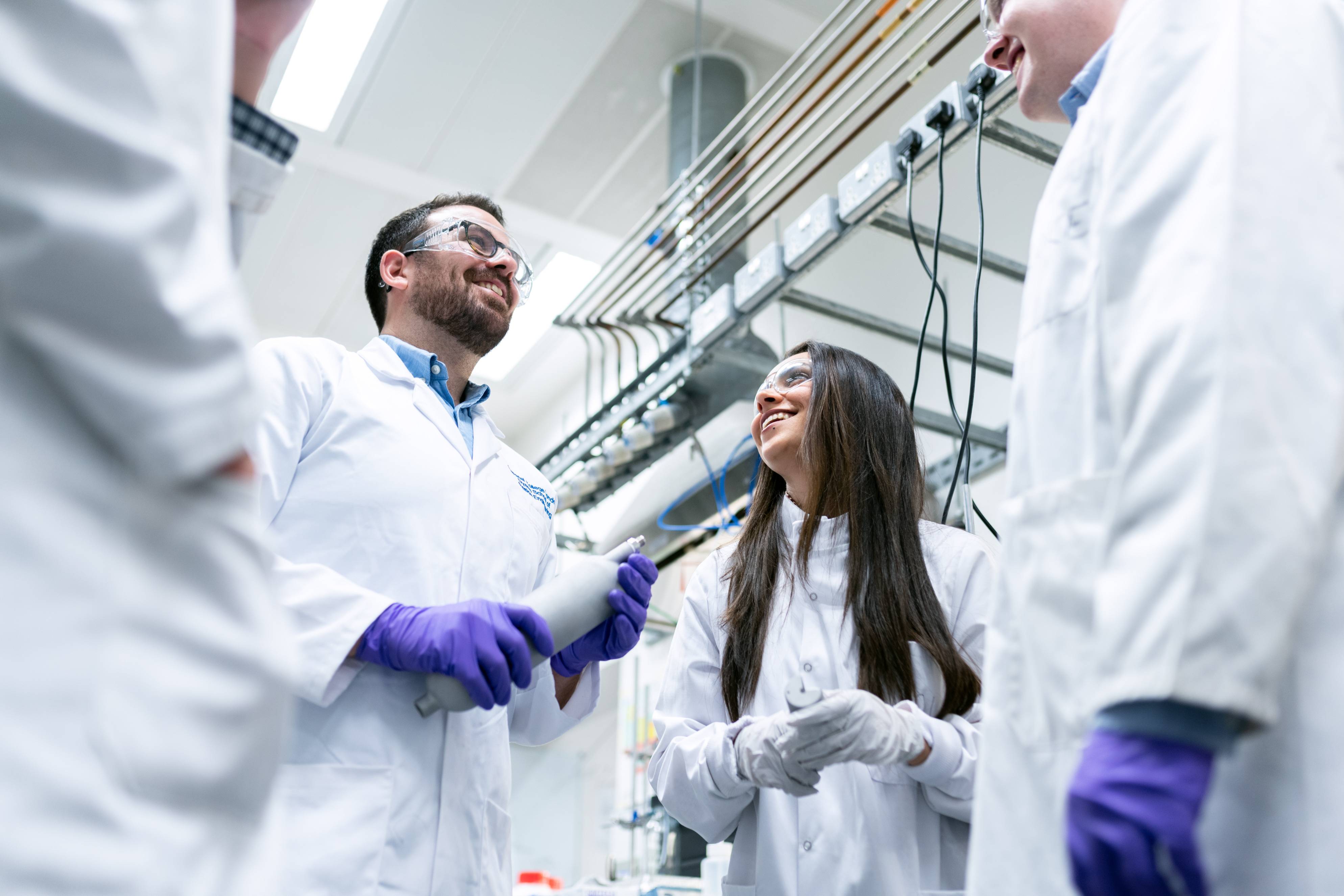
Lab Objectives:
The BioComm Research Initiative's goal is to gain greater awareness of the connections between communication and various physiological functions. These connections are essential to a myriad of fields and interdisciplinary research areas (e.g., Health Communication, Relational Communication, Instructional Communication, Strategic Communications, etc.). Some of the biofeedback processes that are measured in the lab include skin conductance, heart rate, eye tracking, and blood pressure.

Participants Needed:
We are always looking for new study participants. If you are interested in participating in one of the below listed studies, please locate the request faq in the ongoing study section below. If you have any questions about the request process, please send an email to BioComm@txstate.edu and someone will get back to you.
Dr. Marian Houser
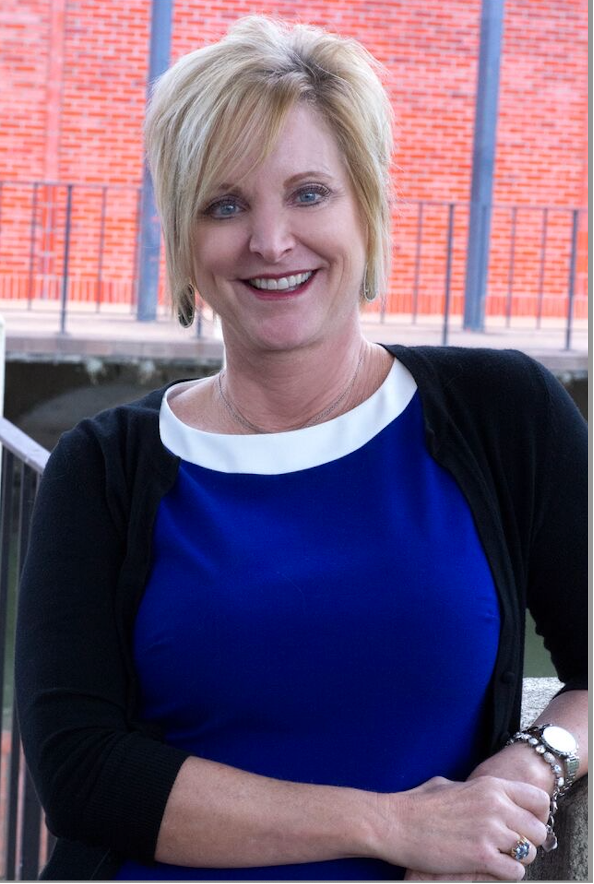
Dr. Houser's research is focused on helping train university instructors on the emotional impacts of classroom verbal and nonverbal communication on veterans in the classroom. This is a group at risk and instructors need a better understanding of how their communication (lecture style, activities, videos, etc.) in the classroom is impacting this special group of students. Dr. Houser has also partnered with Dr. Farris on developing graduate level course work around the lab's hardware.
Dr Manusheela Pokharel:
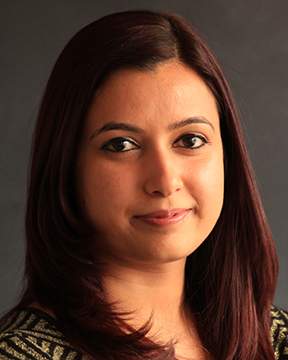
Dr. Pokharel's primary research program investigates the persuasive impact of visual message features on knowledge, attitudes, and behavior. She is currently focused on understanding the impacts of different forms of visuals used in skin cancer prevention efforts. Her recent publication exhibited promising impacts of stock ultra-violet (UV) visuals in promoting sun safe behaviors. To learn more about her research and accomplishments, visit her website at manupokharel.com.
Dr. Kristen Farris:
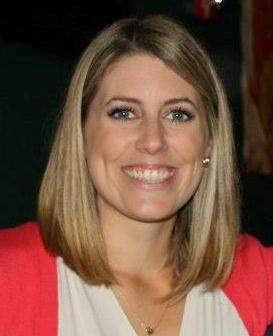
Dr. Farris's research centers around two areas. The first is at the intersection of interpersonal and health communication. She has focused her scholarship in this area on social support, stress, and coping with difficult life events and chronic illnesses. Her second area of interest is at the intersection of instructional and health communication and exploring the physiological implications of teacher-student interactions as well as communication surrounding uncertainty and stress for students and faculty.
Dr. Michael Devlin:
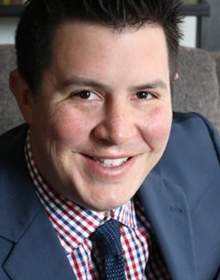
Dr. Michael Devlin, associate professor in the School of Journalism and Mass Communication, earned his doctorate from the University of Alabama. Dr. Devlin’s research focuses on the societal importance of mediated sport by interweaving ancillary areas of sociology, marketing, and psychology. More specifically, his research examines the cognitive processing of mediated sport, and how one’s level of attachment to the team(s) and/or event affects one’s ability to process the various components of mediated sport.
Ongoing Studies:
Dr. Pokharel: Evaluating ALM Visuals:

Dr. Pokharel’s next research project will develop and test visuals for ALM (Acral Lentiginous Melanoma). The goal is to understand the impacts of the visual illustrations in promoting knowledge, attitudes, and behavior related to skin self examination. Data will be collected using physiological measures: eye-tracking, galvanic skin response, and facial expression analysis in addition to the self-reported survey.
-
Pre Requisites For Study:
No Pre-Requisites At this Time.
-
Schedule An Appointment:
Scheduling is currently unavailable for the Fall 2021 Semester.
We're sorry for the inconvenience. If you have any questions please relay them to CommStudies@txstate.edu.
Thank you!
Dr. Houser: Student Veterans Emotional Response to Instructor Communication:
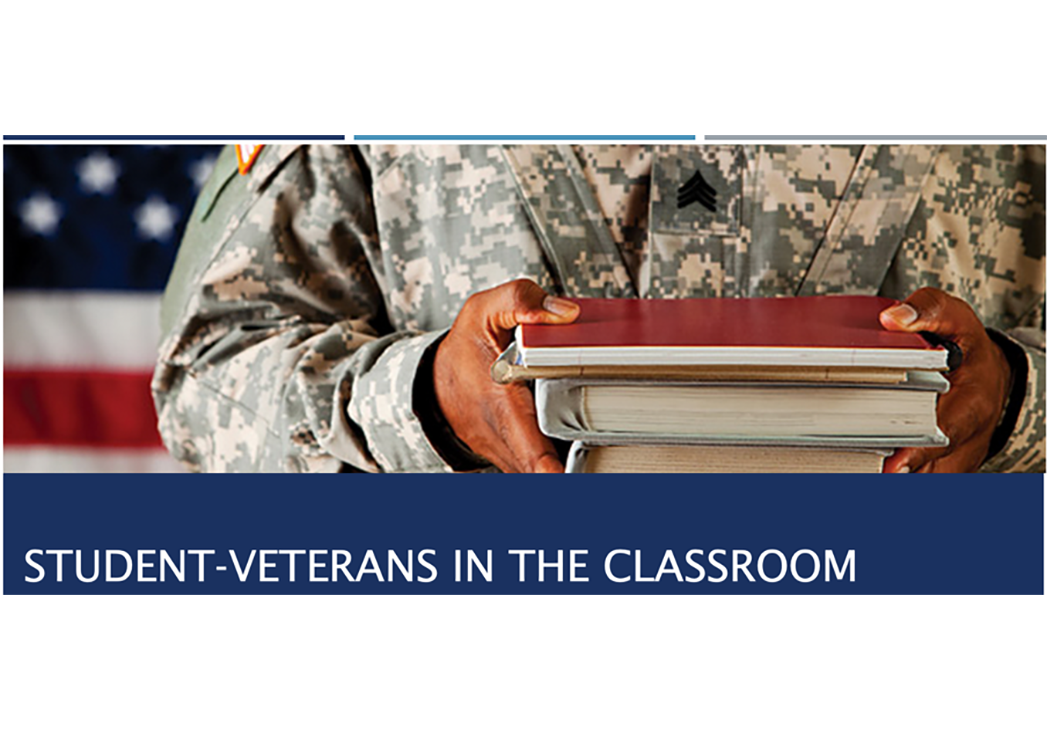
Galvanic Skin Response, Pulse, and Blood Pressure Bio-Metric measures will be used to train university instructors on the emotional impacts of their verbal and nonverbal communication on student-veterans. This is a group at risk and instructors need to better understand how their communication impacts this student group. Student-veterans will observe teaching videos with the manipulation of lecture style, class activity, and video. The bio-metric measures will be utilized during the classroom observation video in order to determine specific emotional responses.
-
Pre Requisites For Study:
No Pre-Requisites At this Time.
-
Schedule An Appointment:
Scheduling is currently unavailable for the Fall 2021 Semester.
We're sorry for the inconvenience. If you have any questions please relay them to CommStudies@txstate.edu.
Thank you!
